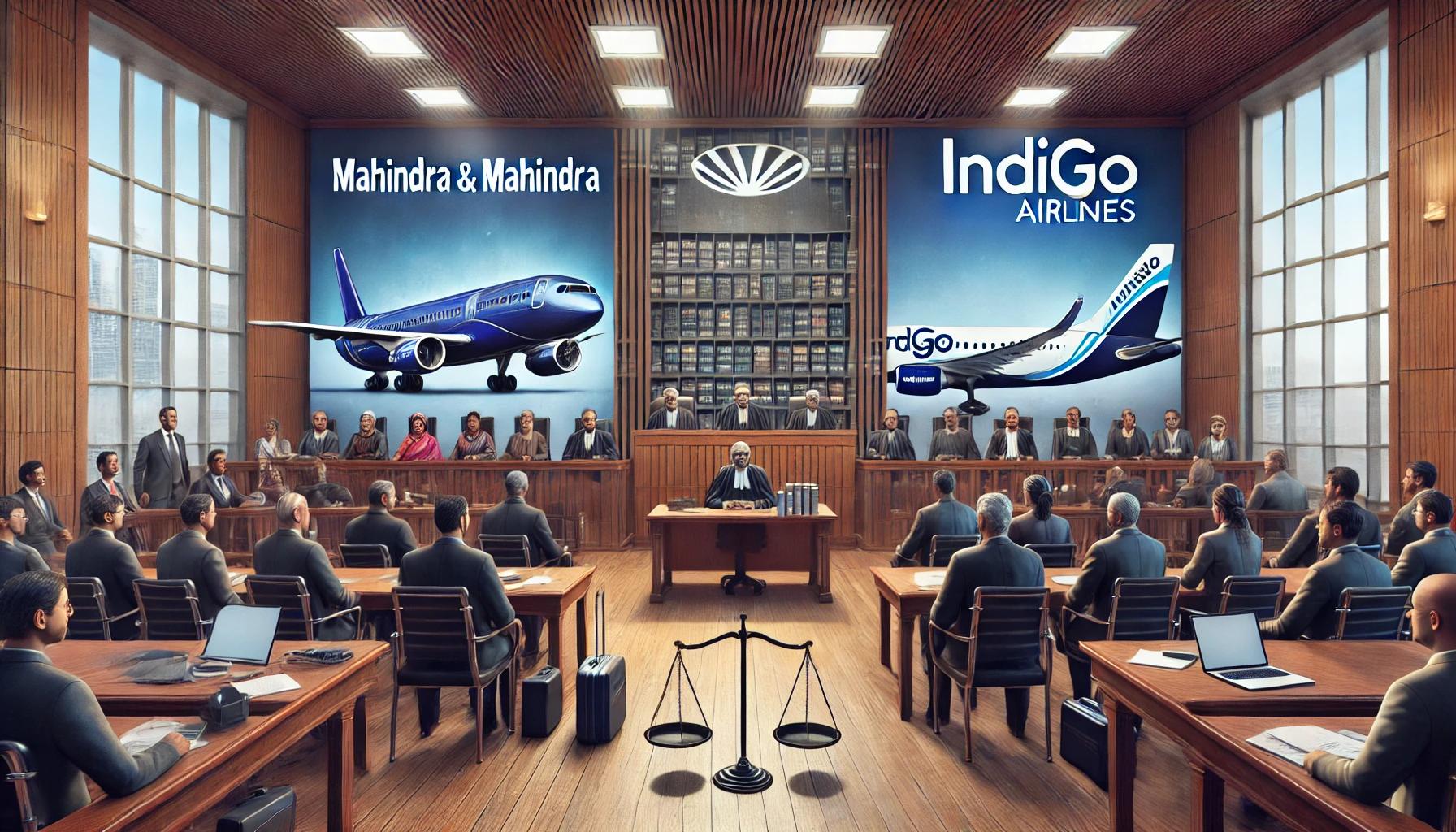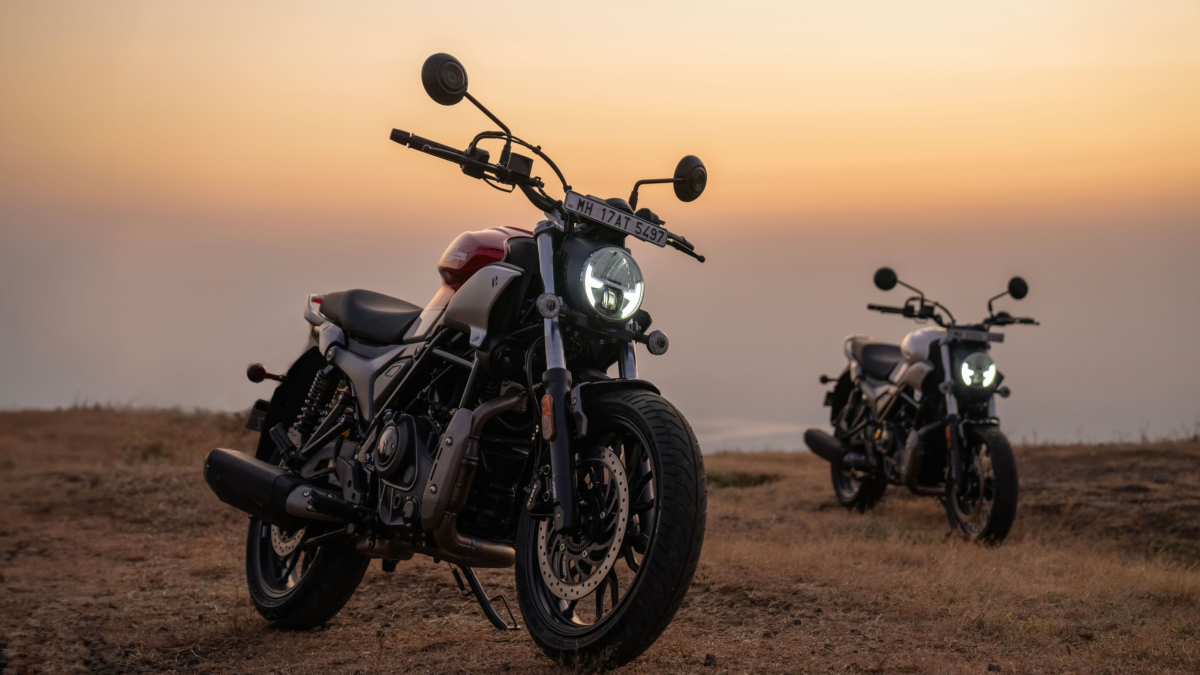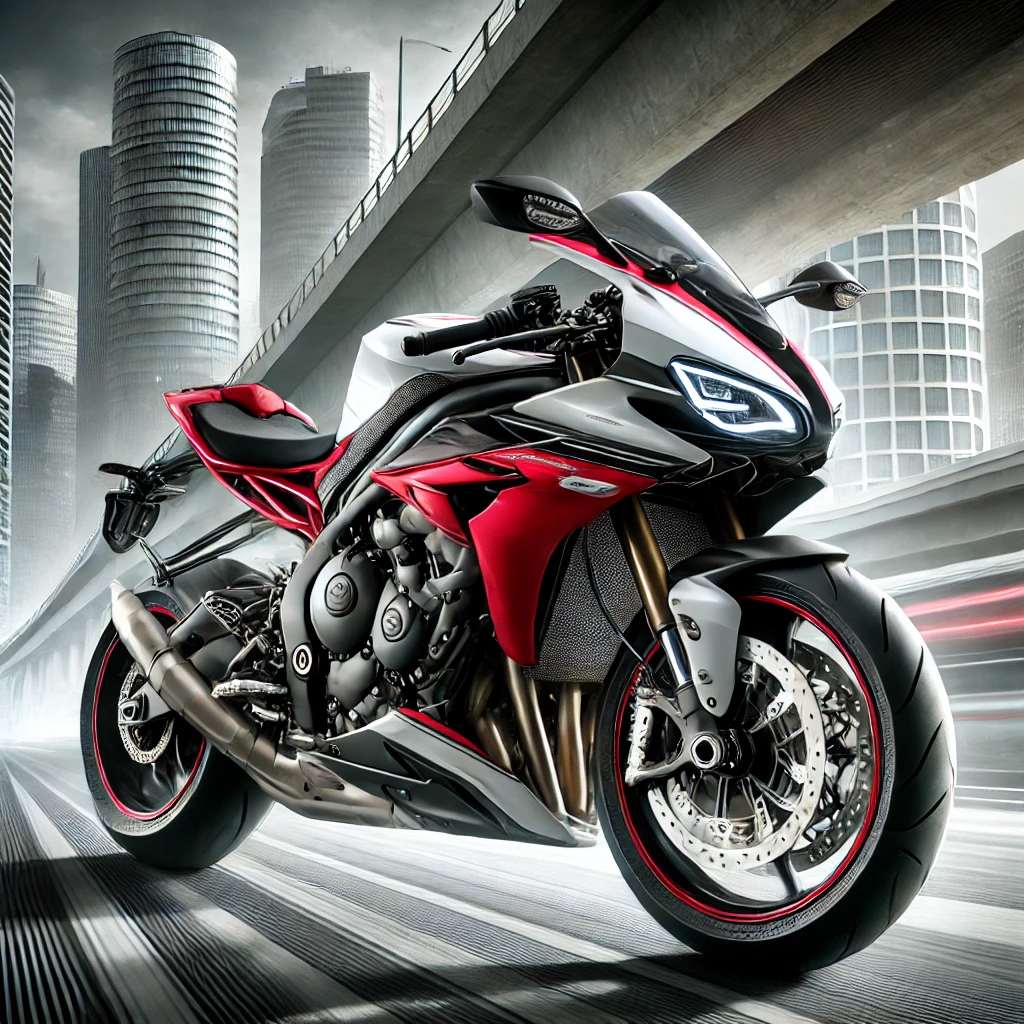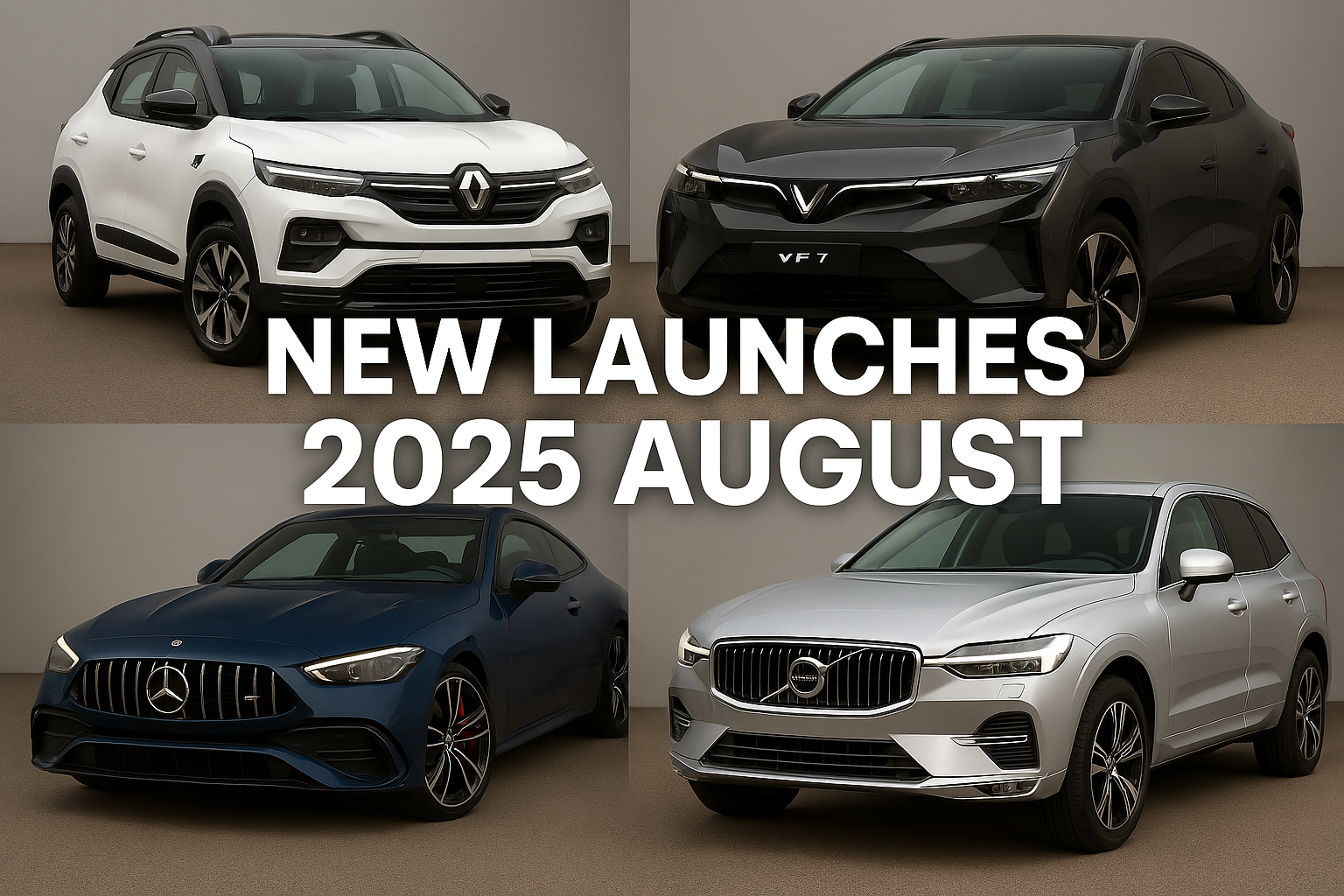
In 2024, a legal tussle between two major Indian brands—Mahindra & Mahindra and IndiGo Airlines—grabbed headlines. At the center of this conflict was the use of the term “6E,” a trademark strongly associated with IndiGo Airlines, India’s largest low-cost carrier. Here’s an in-depth exploration of the conflict, its legal developments, and its eventual resolution.
The Origins of the Conflict
IndiGo Airlines has extensively used “6E” in its branding for over a decade. As its International Air Transport Association (IATA) code, “6E” is synonymous with IndiGo’s identity in the aviation sector. It has further leveraged the term in products and services such as 6E Prime, 6E Rewards, and 6E Flex, making it a key part of its marketing and customer loyalty strategies.
Mahindra, on the other hand, unveiled its electric vehicle (EV) lineup under the Born Electric (BE) series in 2024. Among these was a model called the BE 6E, a stylish EV positioned to attract the next generation of eco-conscious consumers. This naming caught IndiGo’s attention, leading the airline to file a lawsuit alleging trademark infringement, claiming that Mahindra’s use of “6E” could create confusion and dilute IndiGo’s brand identity.
IndiGo’s Allegations
IndiGo Airlines argued that:
- Trademark Infringement: IndiGo claimed exclusive rights over “6E” as a registered trademark. The airline emphasized that the term was integral to its branding and could not be used by another entity, even in an unrelated industry.
- Potential Brand Confusion: IndiGo asserted that Mahindra’s use of “6E” could confuse consumers, especially as both companies were operating in markets involving transportation.
- Dilution of Brand Value: IndiGo also raised concerns about the possibility of its brand losing uniqueness due to the overlap in naming conventions.
Mahindra’s Defense
Mahindra strongly denied any intention to infringe on IndiGo’s trademark. The company presented the following arguments:
- Distinct Industries: Mahindra contended that the automotive sector was significantly different from the aviation sector. It emphasized that the BE 6E model was unlikely to cause consumer confusion.
- No Malicious Intent: Mahindr clarified that the “6E” in BE 6E referred to the internal nomenclature of its EV models and was not designed to exploit IndiGo’s brand identity.
- Design and Branding Differences: Mahindr highlighted that the visual and branding elements of BE 6E were entirely distinct from IndiGo’s “6E,” further reducing any chance of overlap.
The Legal Proceedings
The lawsuit was filed in the Delhi High Court in 2024. IndiGo demanded an injunction to prevent Mahindra from using “6E” in its vehicle’s branding. However, the legal proceedings encountered delays due to judicial recusals and scheduling conflicts, with the case postponed multiple times. As of December 2024, no final verdict had been reached.
Mahindra’s Name Change
In the midst of the legal battle, Mahindra decided to rename the BE 6E to BE 6. This move, announced in December 2024, was seen as a strategic step to avoid prolonged litigation and ensure the smooth rollout of its electric vehicle lineup.
- Impact on Mahindra: By changing the name, Mahindra avoided potential injunctions or legal penalties, allowing it to focus on its EV ambitions. The rebranded BE 6 continues to be part of Mahindra’s “Born Electric” lineup, which features cutting-edge technology and eco-friendly designs.
- IndiGo’s Reaction: IndiGo interpreted the name change as a tacit acknowledgment of its trademark rights and a victory in the ongoing dispute.
Larger Implications
This legal conflict underscores the complexities of trademark law in modern business landscapes, where industries often overlap in unexpected ways. Key takeaways include:
- Trademark Protection Across Industries: The case highlights the importance of cross-industry trademark vigilance, as companies increasingly operate in overlapping markets (e.g., transportation, mobility, and technology).
- Brand Reputation Management: For companies like Mahindra and IndiGo, brand identity is crucial. Both parties demonstrated the lengths they would go to protect their reputations and trademarks.
- Precedent for Future Cases: The case serves as a precedent for similar disputes, especially as companies diversify into new industries.
Who Won the Lawsuit?
While the Delhi High Court has yet to issue a final judgment, comapny’s decision to rename the BE 6E suggests an effort to resolve the conflict amicably without admitting liability. For IndiGo, this development is viewed as a partial victory, reinforcing the importance of protecting its brand identity.
Conclusion
The Mahindra vs. IndiGo trademark dispute over “6E” reflects the challenges companies face in an increasingly interconnected business environment. While Mahindra’s name change for its EV appears to have defused immediate tensions, the broader implications for trademark protection remain significant. Both companies, leaders in their respective domains, have shown that safeguarding brand identity is paramount, even when it involves stepping into the legal arena.
As Mahindra continues its push into the EV market and IndiGo consolidates its position as India’s aviation leader, this case serves as a reminder of the critical role intellectual property plays in shaping business strategies.
Mahindra offiicial website: https://www.mahindraelectricsuv.com/
Also read: https://primetorque.com/hero-xpulse-200t-discontinued/





